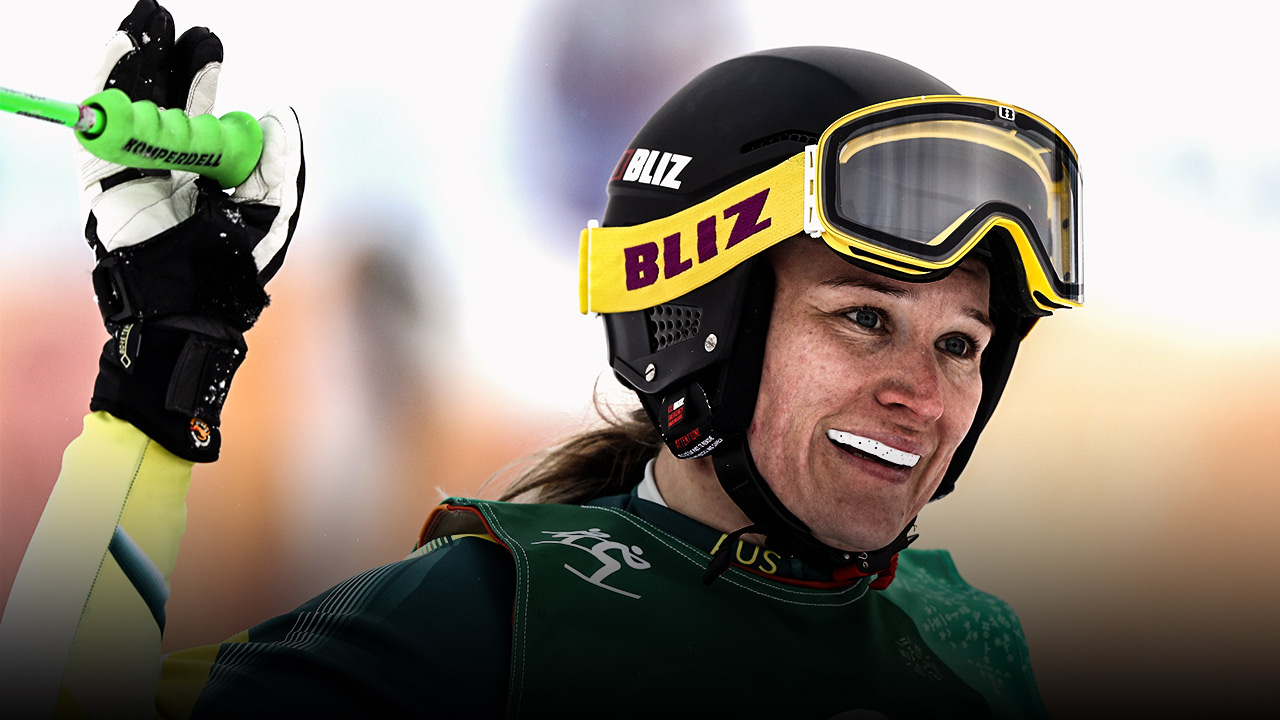BUDAPEST
Hungary is a top fencing environment. They learn from a young age, take it very seriously and produce a lot of world and European fencing champions. Dad had been there before and said it was where we needed to go to get to that next level.
We moved to Budapest, the capital, in August 2014 and it was so hard because I had stacked on about 10 or 12 kilos. That much weight isn’t good for running or swimming or fencing, so I had to lose it all and that was a struggle. Especially when I’m sitting next to my brother watching him eat whatever he wanted. But in 2015, I was back into the World Cup season and that was the year of my life.
I finished top-eight in every single World Cup and made the podium at the World Cup Final in Belarus, and that was where I had the realisation: ‘Hang on, I’m doing the right thing here’. Finally, I’d proved that I could move up to the next level and everything was on track for 2016. But guess what? There was more drama to come.
At the end of 2015 I was doing a track session, running the best I’ve ever run, when I felt something pull in my Achilles. It was a tear. I was sent home and had to sit out another four or five months with no running or fencing. That took me into Olympic year and it was devastating news. It wasn’t like I was out of the Olympics, but I like to go into competitions knowing I’ve prepared properly.
I knew I wasn’t going to be able to prepare for Rio the way I normally do and I remember saying to Dad, ‘What’s the point of even going?’
I’m Australian through and through and I know what that means to people, especially in sport. I am so honoured to wear the colours of my country, but I never want to go in there just to compete. Again it was up to my dad to talk me out of the hole.
I guess I learned that it’s as much about the journey as the destination. And my journey to Olympic gold was pretty bumpy.
This is the way he framed it.
‘We’ve come this far, you are so close and we are just going to think differently now. We’re going to train differently based on what your body is able to do’.
So I had a lot of bike sessions in the gym, a lot of swimming, and once I was able to go back overseas we had an altitude camp in Mexico. Dad said that was the most focused he had ever seen me. It was April, four months before Rio and that was a really good spell of training.
I was still worried I wouldn’t be competition-sharp in time. I didn’t compete until six weeks before Rio. But it was the Hungarian nationals, the world champion Sarolta Kovacs was there and it was a strong B-grade competition – and I won it.
That was a massive turning point for me, mentally as much as physically. I remember going back to the hotel room and messaging my best friend, saying that I had won and I was going to be on that podium in Rio. I just had a feeling about it. I knew it. I’d started to truly believe in myself for the first time.

SYDNEY
It’s 2017 and I’m waking up every day as an Olympic champion. How on earth did that happen? I’m also waking up beside my husband.
The year off was good. After everything that happened to me in the run-up to Rio and then the gold medal and all the attention I got back home, spending time with Matt enabled me to feel normal again. Whatever normal is, I don’t know, but this felt like it.
A part of me was tempted to settle down and start a new life in Australia with Matt and with all my family around. But I have clearer goals as an athlete now and pentathlon is my job.
I decided to go for Tokyo and it was nice to be able to go back to what worked – Hungary – and train hard with my dad and my other coaches. This year I got the results that justified that decision to carry on.
Long-distance relationships are tough and a lot of people say they don’t know how we do it. We get to see each other once every two to three months, except when I’m injured and spending a bit more time in Australia rehabilitating.
I keep reminding Matt that when I finish up with pentathlon I’m going to be able to spend the rest of my life with him and we will probably annoy one another for the rest of our days.
Looking back at all the times I could have quit, but didn’t, I’m really happy and proud that I stuck at it. When I do eventually make that decision to stop competing, I want to do it on my own terms.
More about: Injuries | Olympic Games | Resilience | Rio 2016 | Tokyo 2020





 Load More
Load More